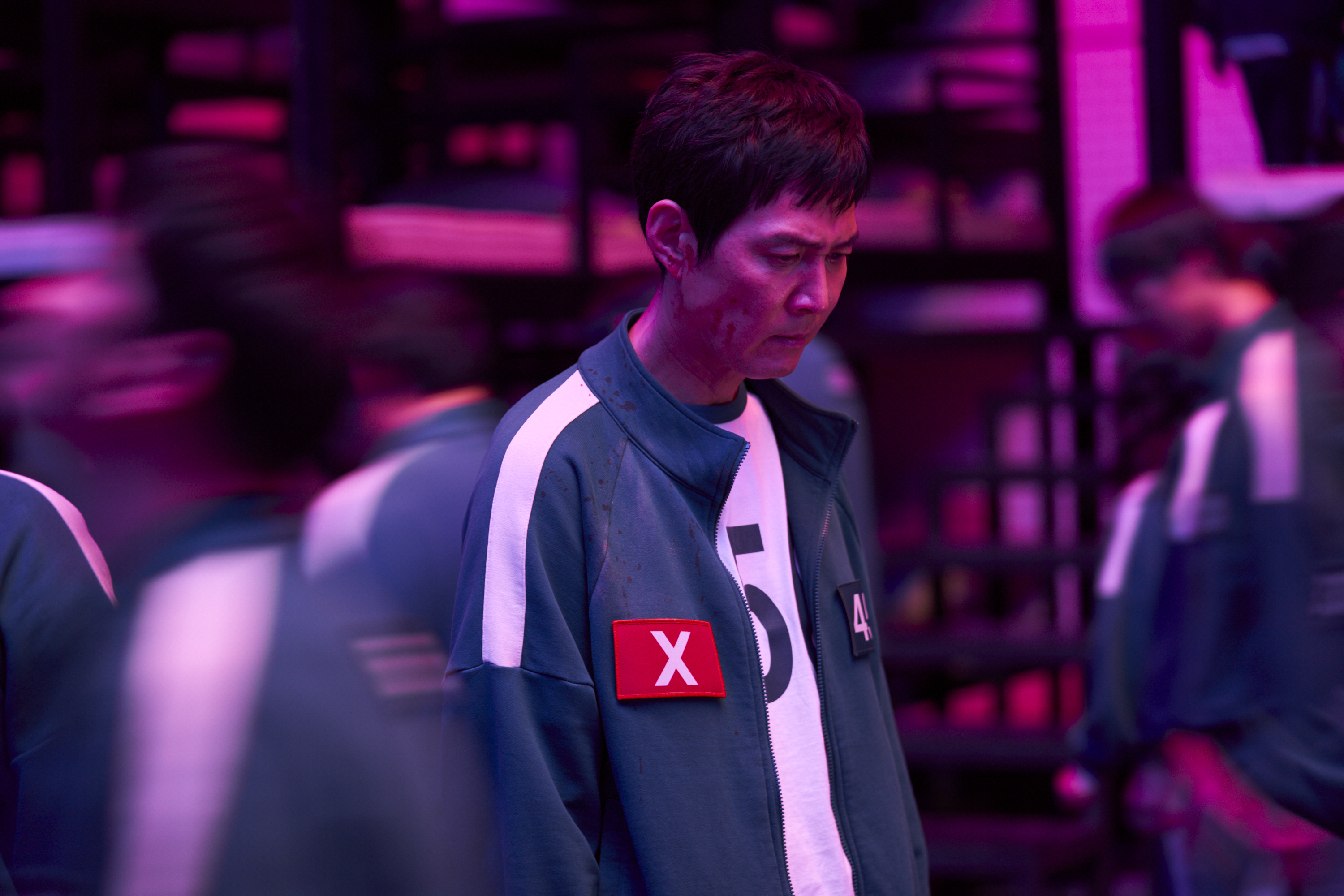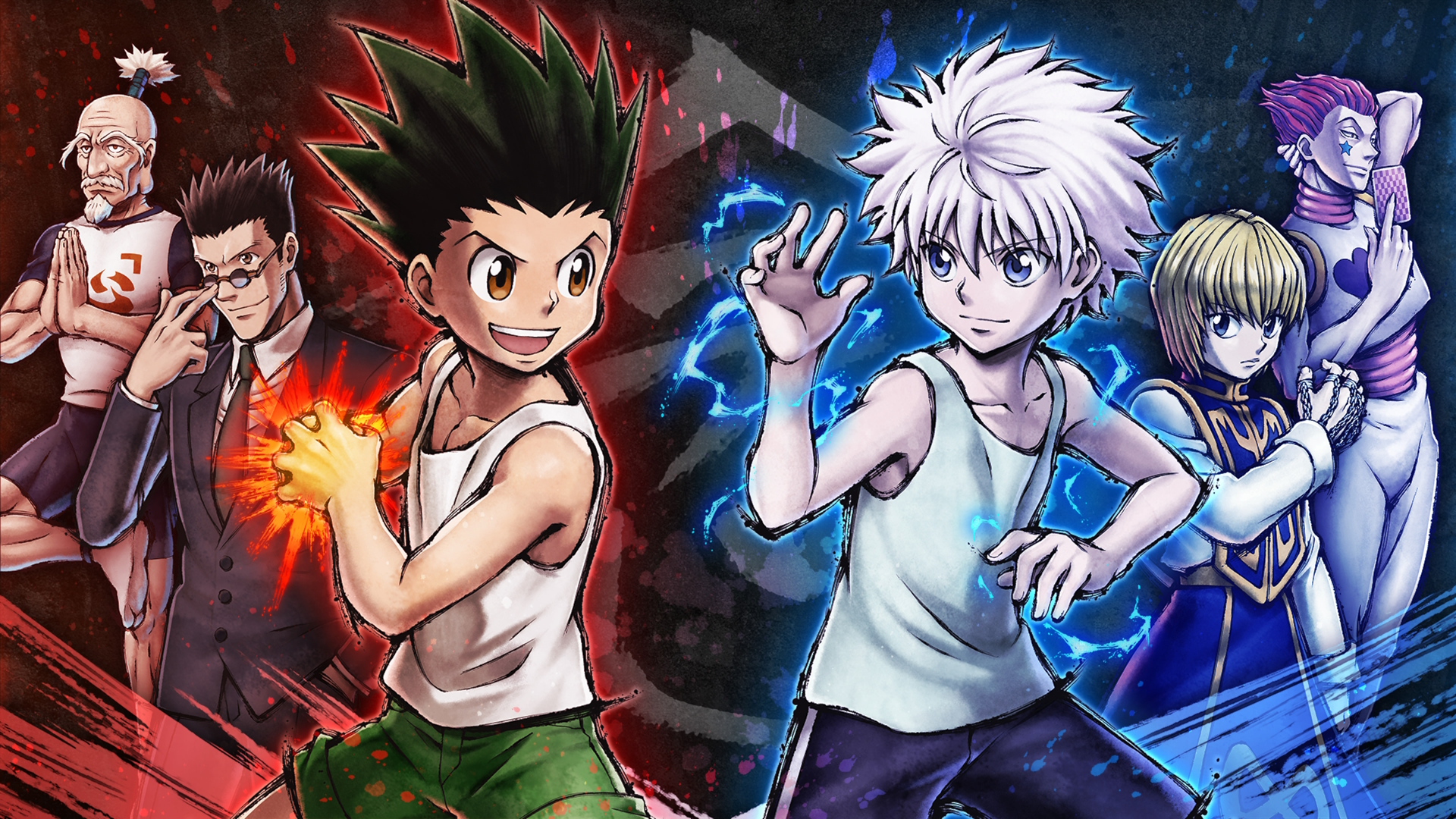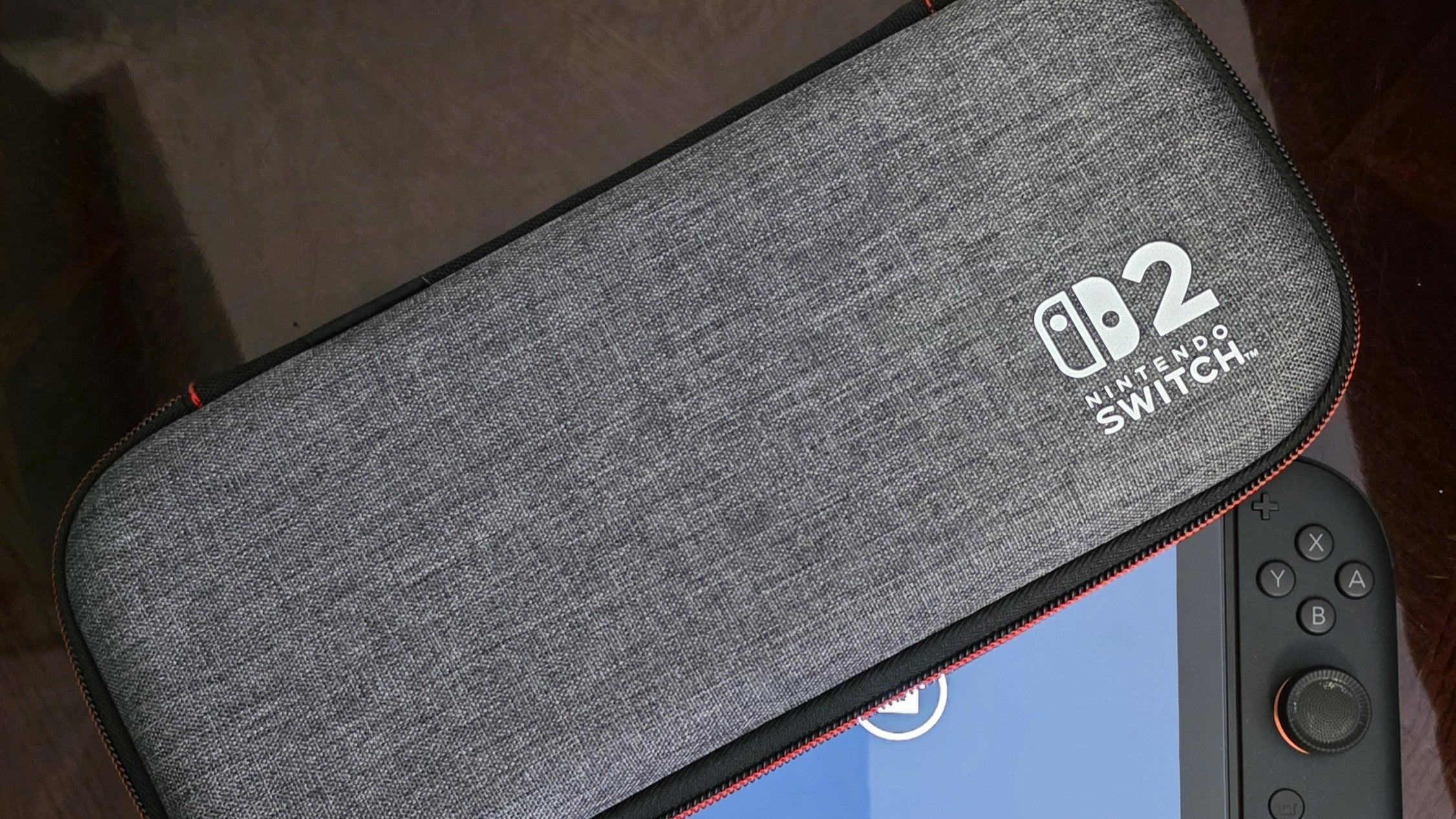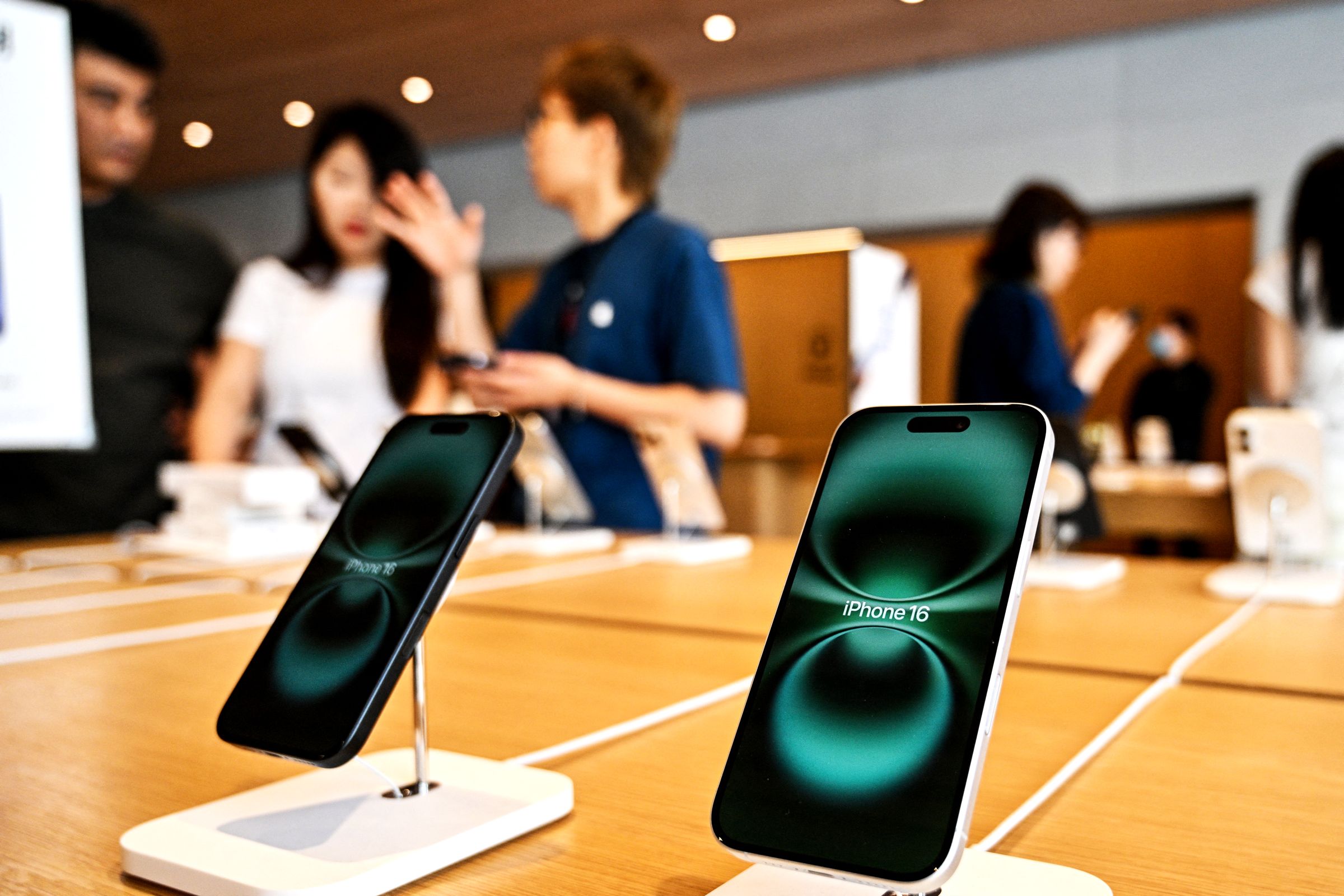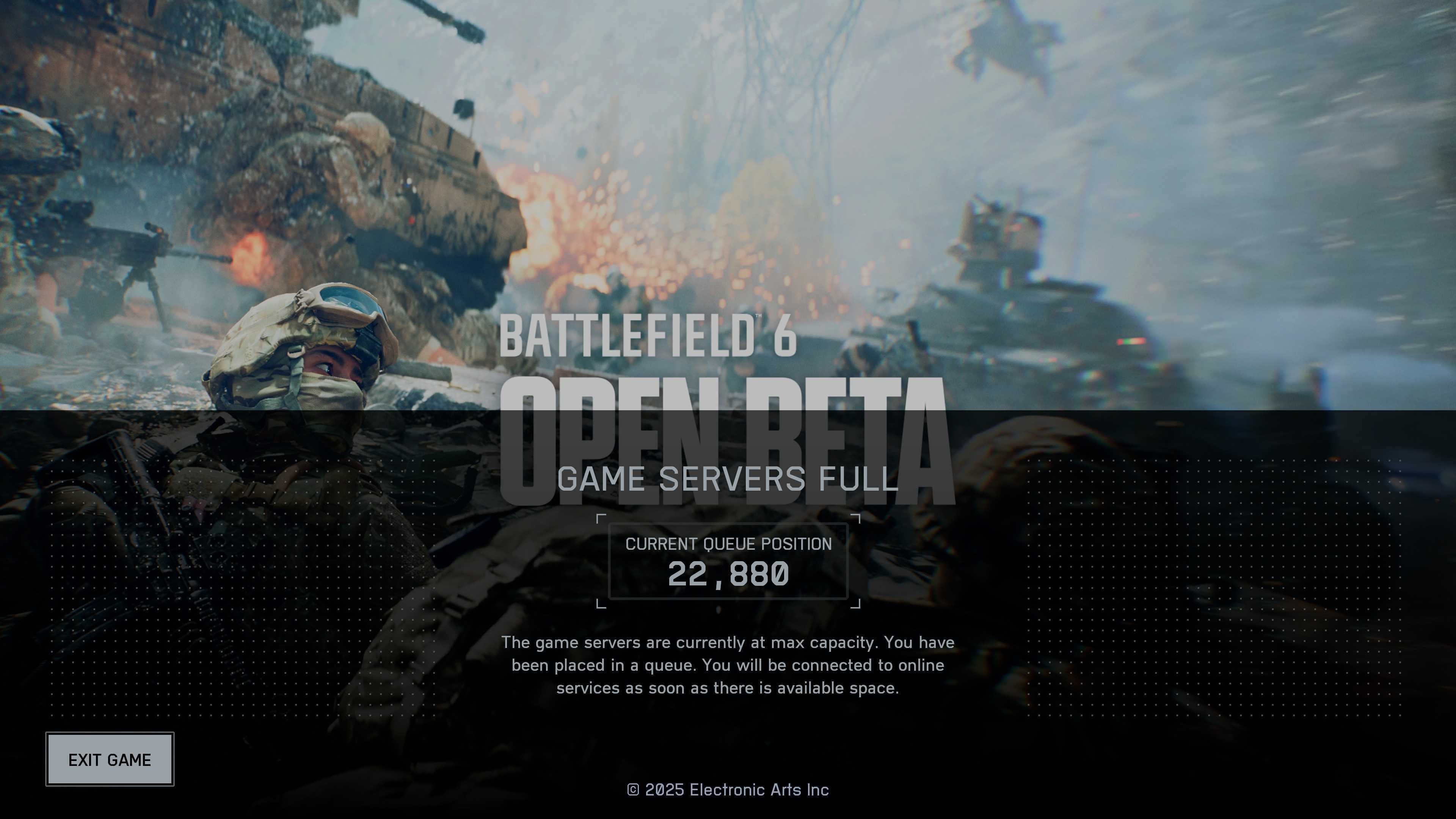
Squid Game season 2 isn’t here to give us resolution. Rather, it follows a similar trajectory of The Hunger Games’ Catching Fire: Now wealthy Gi-hun (Lee Jung-jae) returns to the games, desperate to shut them down once and for all. The stakes are technically the same as the first season — you win or you die — but another round adds to the pressure. Now he knows the odds, and so do we; extratextually, we know that this version of Squid Game has to up the ante for Gi-hun in order to do it for us in the audience.
And it does, with the Front Man (Lee Byung-hun) accepting Gi-hun’s challenge to go back in the game, and opting to go in alongside him. In a way this is a repeat of what we saw in season 1, with Gi-hun unknowingly befriending and protecting a member of the game’s establishment. But Lee Byung-hun’s and Lee Jung-jae’s performance brings the dynamic — and the themes of the show — to a new level. This is Squid Game, in radically new form. And creator Hwang Dong-hyuk asking the big questions.
The season’s events technically flow out of Gi-hun’s decision at the end of season 1 — to not get on the plane and visit his kid and go off into the sunset with his billions, but rather to remain haunted by his time in the game — but it finds its footing in his final conversation with Oh Il-nam (O Yeong-su), the creator of the games who played alongside him. There, Il-nam lays out a belief that drove him to create the games: People are inherently greedy and corrupt, and the game is simply a way of letting people indulge their natural impulses in order to at least provide some good fun, and take the “trash” out of the wider public.
Gi-hun, of course, vehemently disagrees. And spiritually, the show seems inclined to agree with him: Gi-hun wins Il-nam’s bet about someone helping a drunk man out of the cold before midnight, and Il-nam dies in his weird, desolate office space. But, as that final beat of Squid Game season 1 taunted, that such evil could prey on the world was far too haunting for Gi-hun to just walk off.

Season 2 isn’t just built on the usual sequel stuff of getting Gi-hun in the game and trying to bring it down. The season is structured to allow Gi-hun to explore the question of what really drives the games, whether these are really bad people or just people driven to bad things. Hwang elegantly explores those questions through the gulf between Gi-hun and the Front Man — even when the former doesn’t know it’s being tested at all.
The beauty of the season’s seven episodes is in how seamlessly it weighs the meaty themes. Gi-hun makes it his mission to bring a halt to the game, and enlists a small team of helpers to help sway the crowd around the votes. The Front Man — now disguised as Player 001, and using the name Oh Young-il — approaches him and pours honey into his ear. But all the while, he continues the grander conversation of what the games are driven by. As Young-il, he says Gi-hun’s success is what convinced him to stay, that he trusts his judgment. But after voting to keep the game going once, he votes no every time, verbally and physically supporting Gi-hun’s agenda.
It’s never enough, which feels poignant. It’s not that people are inherently good or bad, but they are desperate and trapped. Gi-hun is the one fighting an uphill battle here, and even with the guy running the thing on his side (ostensibly, at least) the game goes on.
At a press event earlier this year, Lee Byung-hun told Polygon that the performance was a challenging one, where he was balancing his personas, including the Front Man’s actual backstory as Hwang In-ho, through just his eyes. “So at times, I would have to switch on and off from my eyes having to be that of Young-il and then the next glance, having to be that of In-Ho, and having to switch that immediately on and off with each fleeting moment.”
Having his shift be that small is a constant strength of Squid Game season 2. You never lose the character, whether he’s docile as Young-il or sinister and imposing as the Front Man. And it bolsters the show’s grander conversation where a weaker show might fail: we’re able to see the places he laces his lies with the truth of his own life, and how that’s corrupted him so deeply he can’t see Gi-hun’s hope as anything other than naiveté.

Which, unlike so many sequel equivalents, actually does make Squid Game season 2 feel worth another go at the games. Beyond Gi-hun’s desperation, the second season explores a variety of people’s reasons for going in the games — the hope to pay off medical treatments, gambling debts, or just provide for an actual future among the capitalistic stakes of the real world. Plus, with our first look behind the scenes at some of the guards’ motivations, Squid Game actually feels like it’s building to something bigger (presumably in a third season that will feel more like part 2 of this season).
As their stories all meld and swirl, Squid Game finds a groove, constantly dancing between the despair of their current predicament and the hopelessness of the life that brought them here. It’s a smarter way to advance a point, not withholding answers so much as miserably asking more questions. Its characters are straightforward, but they help focus a season that could otherwise be a rehash of basic themes.
And as much as Gi-hun and “Young-il” want to help, the Front Man lets the anguish around them speak for itself. As they witness — or even perpetrate — one heinous act after another, Squid Game’s players are looking for easy solutions in a world that has none of that. Instead of running from that conversation (or simply repeating itself), Squid Game looks us square in the face and asks us why we think we’re any better off.
Source:https://www.polygon.com/tv/501713/squid-game-season-2-review-front-man-gi-hun